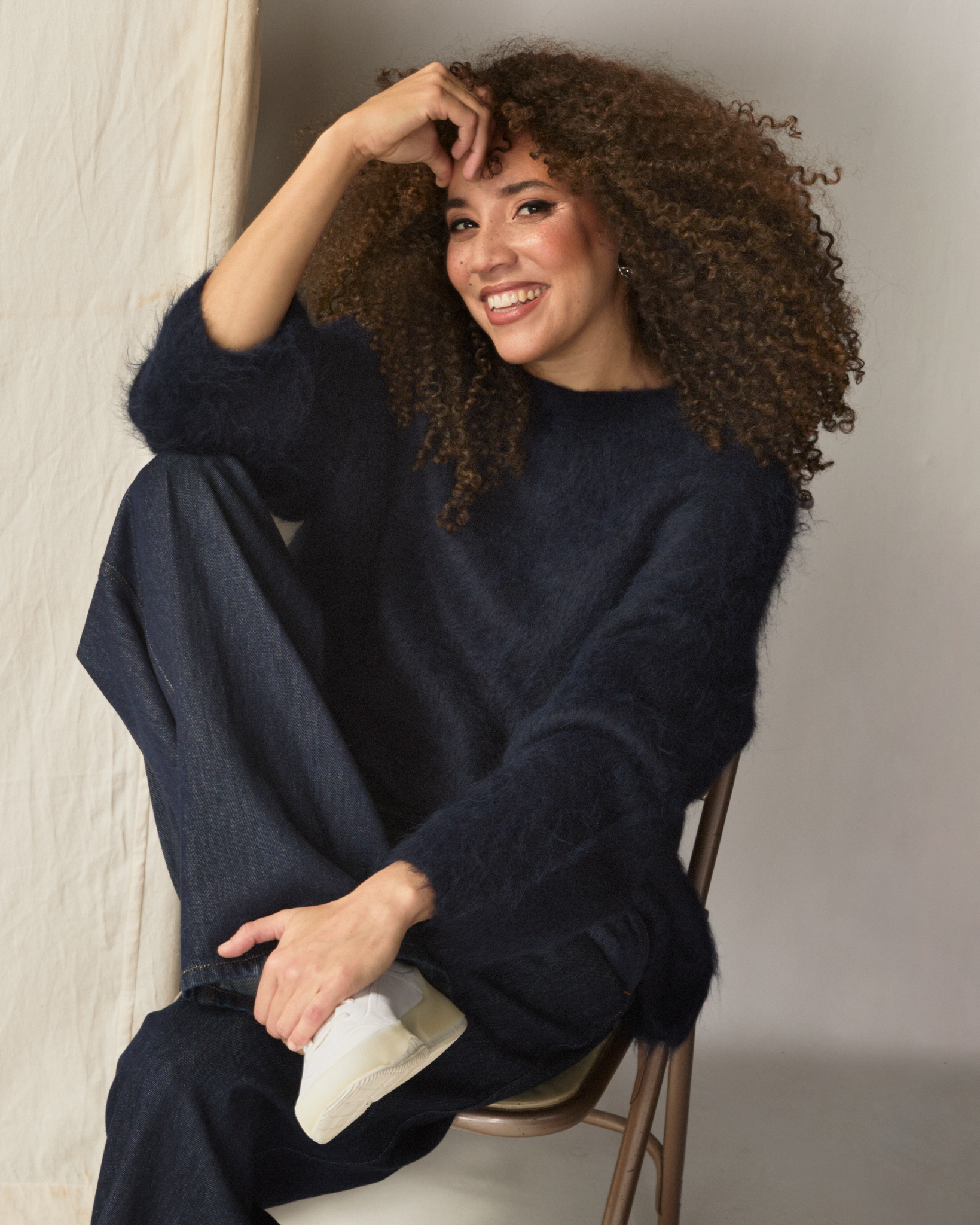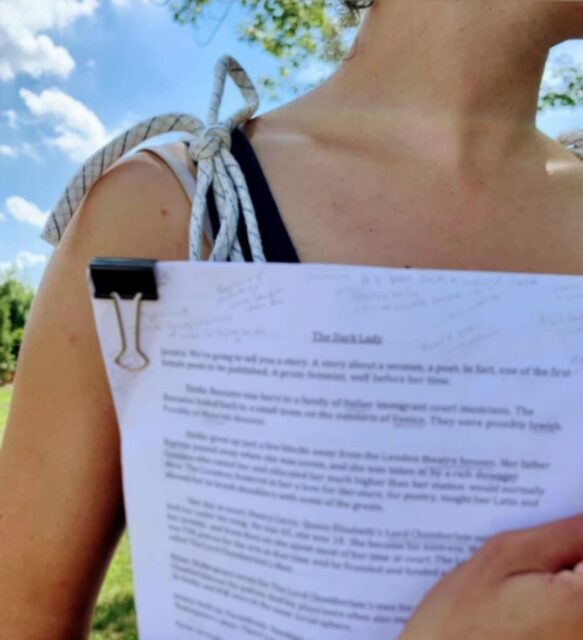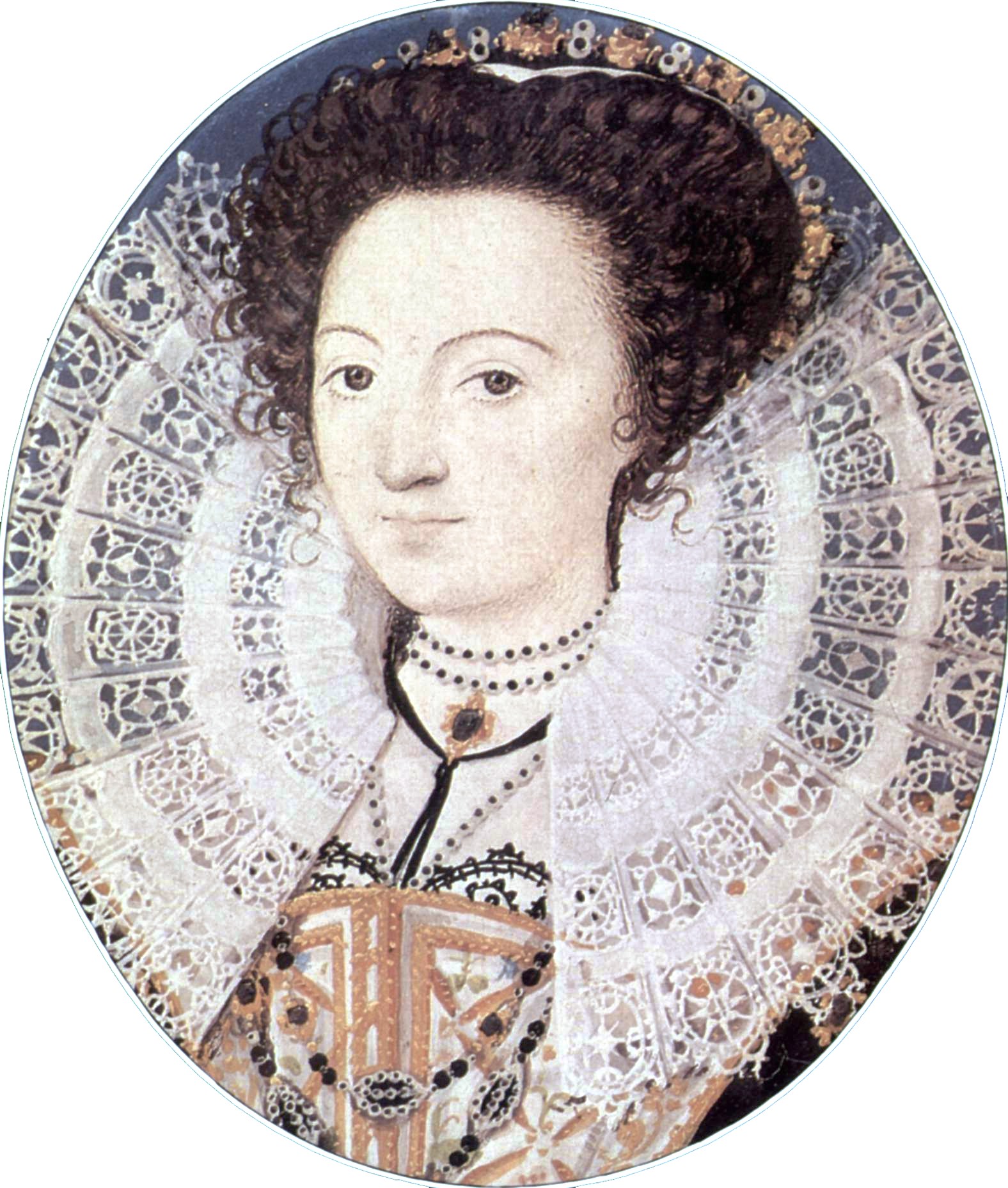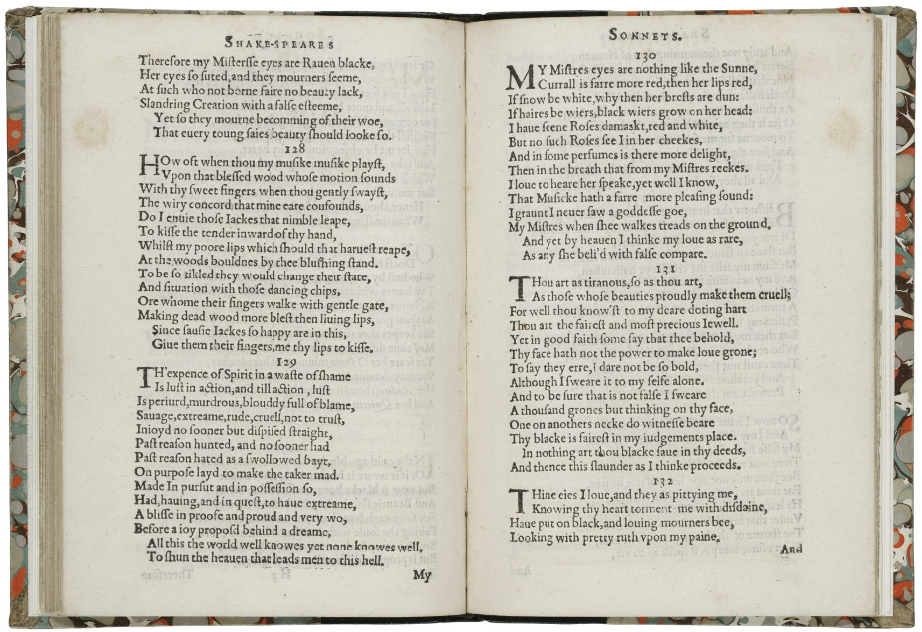This Season, we’re proud to be presenting Jessica B. Hill’s The Dark Lady, which shines a spotlight on Emilia Bassano—England’s first female published poet and the purported “Dark Lady” of Shakespeare’s sonnets—and brings her in conversation with an emerging playwright named William Shakespeare. Through a sweeping love story that spans not only their lives, but the centuries that follow, The Dark Lady invites us to reimagine what we know about Shakespeare through a powerful exploration of love and legacy.
We spoke with playwright Jessica B. Hill about how she first discovered theatre, her inspiration and creative process behind The Dark Lady, and how confronting Shakespeare in her writing helped her to fall deeper in love with his work.

Photo by Ted Belton, courtesy of the Stratford Festival
Could you tell us a little bit about yourself and how you first got into theatre?
I’m originally from Montreal and grew up in a bilingual, biracial family. My parents are hilarious and compelling storytellers in both English and French; they gave me a love of language.
I think I was lucky: I fell in love with theatre and Shakespeare at the same time. I was probably six or seven the first time my parents took me to see Repercussion Theatre, Montreal’s Shakespeare-in-the-Park, and I was hooked. I came back three nights in a row. Every summer I’d show up an hour early for a front-row seat with a blanket and a picnic in tow. Even that young, I remember feeling transported, connected to something epic and vital in the language. I loved watching the actors set up, the liminal space before and after the show. Where did the magic start and end? I remember giddily bounding home after a production of A Midsummer Night’s Dream thinking that every tree, every bush in that park could be hiding a fairy, that all the world was a stage.
The Dark Lady is your first full-length play and marks your debut as a playwright after many years of working as a performer on stage and screen and as a voice actor. What was the catalyst behind writing The Dark Lady, and what has the writing and development process been like for you?
I was fascinated with the sonnets back in theatre school, particularly the “Dark Lady” ones. I remember thinking “Who hurt you, Will? What’s her side of the story?” I’ve also always been drawn to echoes between Shakespeare’s poetry and his plays. When Covid hit, I had been rehearsing Helen in All’s Well That Ends Well at Stratford and had reread all the sonnets in preparation for the role (something in Helen’s way of speaking of Bertram made me think of the longing in the sonnets).
A few months into the pandemic, Fiona Mongillo, now the artistic director of Here for Now Theatre, challenged me to write something to perform outdoors a few months later. I knew I wanted to write about those “Dark Lady” sonnets, but as soon as I dove into researching theories on who she might have been… I couldn’t stop. The story kept revealing itself to me, and it was all-encompassing. I remember at one point my entire living room was covered in paper: sonnets, monologues, timelines, juxtapositions. It must have looked like a mad scientist’s lab. Within a month I had a rough draft. But it was my dear friend Rodrigo Beilfuss, the artistic director at Shakespeare in the Ruins, who later urged me to turn the draft into a full-fledged play. He buoyed the script through several workshops and directed its premiere production. I was also lucky to enlist the amazing Kate Hennig as dramaturg. Mike Nichols once said that “every script needs a friend,” and I’ve been so profoundly grateful for mine.

Jessica with the original draft of The Dark Lady, presented as a staged reading with Here for Now Theatre in Stratford, 2020. Photo by @yorklaneartcollective for Here for Now Theatre.
Writing has felt like coming home. I used to write as a kid all the time, and it’s been thrilling, humbling, and revealing to return to it now. It also keeps teaching me more and more about why I love theatre. I think it’s even made me a better actor.
In your reflection on The Dark Lady with Rodrigo Beilfuss for Stratford, you say something really beautiful: “The more I researched this woman, the more I fell in love with her.” What was it about Emilia Bassano that drew you so deeply into her orbit?
Emilia Bassano wrote these lines:
“For well we know this world is a but a stage where all do play their parts and must be gone.”
“I am but a drop of water in the sea.”
“Black as a raven in her blackest hew.”
You can’t tell me this woman didn’t know Shakespeare. Now, perhaps her poetry itself isn’t particularly impressive (forgive me dear Emilia!), but it’s her aim that I find extraordinary. She was one of the first Englishwomen, if not the first ever, to assert herself as a professional poet and publish her own poetry. She was also trying to create a circle of female patrons and readers at a time where that was unheard of. Her poetry champions the plight of women and opens a discussion on sexual equality by questioning the lopsided blame Christianity has put on Eve alone. Her verse sheds light on how passionate she must have been, and I immediately heard Viola, Beatrice, Kate, Rosalind, Cleopatra… her infinite variety. She is a fascinating historical figure and the more I researched her, her life events, and timelines, the more coincidences and echoes I’d discover in Shakespeare’s life and plays. It truly felt like uncovering a 400-year-old secret.

Portrait Miniature of an Unknown Woman, Possibly Emilia Lanier Bassano, ca. 1590, by Nicholas Hilliard. Source: Victoria and Albert Museum
There is so much musicality in The Dark Lady, from Emilia’s family history as court musicians to the scenes being named after musical terms. Can you tell us a bit about why it was so significant to centre music in not just Emilia’s personal and family narrative, but also in her relationship with Shakespeare in The Dark Lady?
The universality of music felt important to the story. Music can transcend the limitations of language and allow a deeper and more profound connection between us. It can tether us together across our differences and buoy us towards our sense of the scared and transcendent. It can change moods, soothe hearts, and bind memories, and it seems like Shakespeare knew this too. His plays are filled with music. In some of his plays, it’s actually music that furthers the story. In Twelfth Night, Orsino and Viola listen to music together, and the scene becomes a crucial moment between the two that breaks them open and draws them closer together. Shakespeare also has a “Dark Lady” sonnet about listening to a lover play the virginals and wishing he could kiss the fingers that touched the keys.
 Shakespeare’s Sonnets 127-132, Source: Folger’s Shakespeare Library
Shakespeare’s Sonnets 127-132, Source: Folger’s Shakespeare Library
The Bassanos are a fascinating musical family. Henry VIII hand-picked six Bassano brothers from the Doge’s musical court in Venice to come play for him. They came to England and stayed as court musicians for the next 130 years. Emilia’s musical legacy extends all the way to this present day. Quincy Jones and Tennessee Williams are related to her, and a quick search online allows you to discover how many musicians, composers and conductors trace their heritage back to her family. I thought music was an important place for the connection between Will and Emilia to start.
In addition to writing The Dark Lady, you also originated the role of Emilia in the play’s premiere with Shakespeare in the Ruin/Shakespeare on the Saskatchewan in 2023. What was that experience like for you, in terms of discovering Emilia and her voice first as a playwright, and then as an actor?
I did a staged reading of the earliest draft of the play back in 2020 with my friend Rylan Wilkie playing Will. Though the story arc was there, it wasn’t a full performative script, more like storytelling interwoven with both Emilia and Will’s poetry, where we would step in and out of character. But once the script was polished and the time came for the actual first performance, I realized how different I felt. Suddenly, Emilia could no longer just be an idea in my head; she had to be…me. I had to give her inner life, truth, depth, and vulnerability, and I couldn’t do it while also trying to edit the script. I had to quickly learn how to switch hats between acting and writing so I could allow myself to live her fully. It was a tremendous and rewarding experience that ended up teaching me so much more about both acting and writing.
You’re heading into your eighth season at Stratford, and you’ve played some incredible roles in your time there, such as Viola in Twelfth Night and Helen in All’s Well That Ends Well. Having played so many of these amazing characters now, how would you describe your relationship to Shakespeare and his canon, and do you think it’s changed since you started writing The Dark Lady?
I’ve loved Shakespeare for so long. As a young melanated actor, I think I often worried about how I was perceived and where I was to fit in his body of work. When I started bringing my authentic self to the text rather than try to conform to some old, imagined notion, I felt myself expand, and the poetry could suddenly live much deeper within me. Then, in writing The Dark Lady, I was confronted with Shakespeare himself, and I began to fall in love with the guy who wrote these plays. Suddenly, he was there in my mind, and I was able to have heated arguments about all the parts of Shakespeare that drove me crazy, while also simultaneously trying to understand and wholeheartedly laud what made him a genius. I feel I know him in a deeper, more human way now, which is funny.
And finally, when you aren’t writing or performing at Stratford, how do you like to spend your time?
Gardening! I love growing things! I have a big herb and vegetable garden. I go a bit crazy with tomato seedlings… I have about 40 going right now. I always plant too many and end up dropping them off as presents to friends. Seeing something grow from seed is deeply rewarding and I think gardening helps anchor me in the now. I also love reading, kayaking, arts and crafts, building small projects, or handmaking opening night gifts. I like having a few projects on the go and enjoy daydreaming about them as I work on something else.
Thanks so much for taking the time to chat with us, Jessica!
The Dark Lady runs July 3 to September 19 in the Douglas Campbell Theatre at Sen̓áḵw/Vanier Park. Get your tickets now by visiting our Season Schedule.

